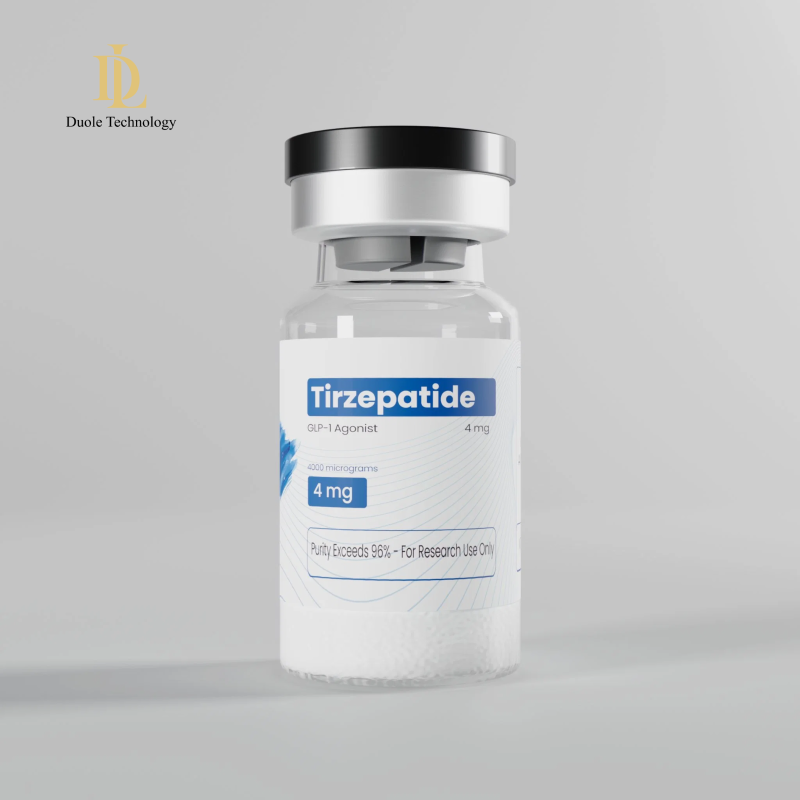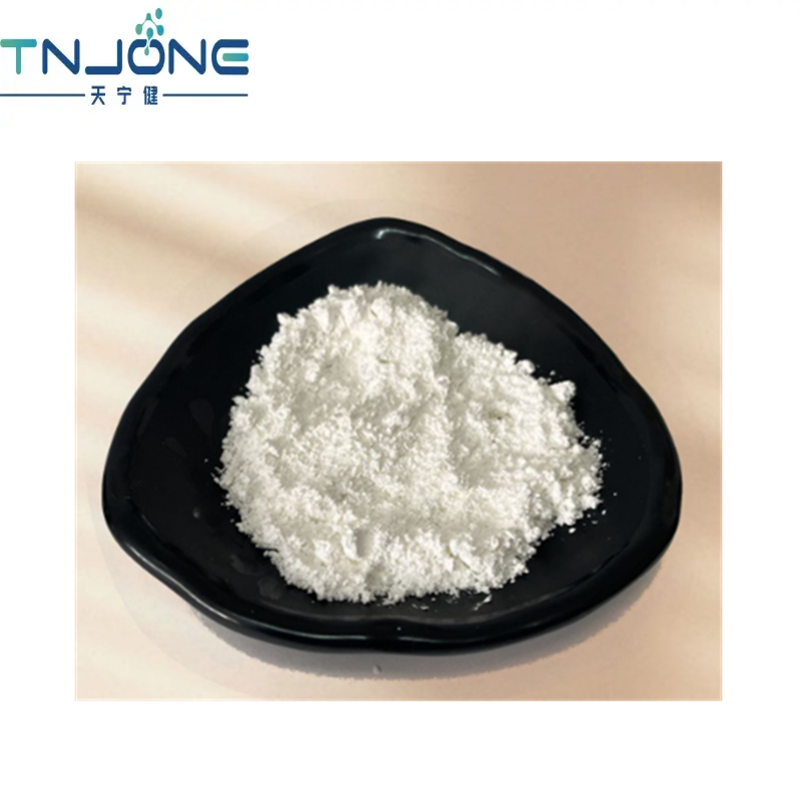-
Categories
-
Pharmaceutical Intermediates
-
Active Pharmaceutical Ingredients
-
Food Additives
- Industrial Coatings
- Agrochemicals
- Dyes and Pigments
- Surfactant
- Flavors and Fragrances
- Chemical Reagents
- Catalyst and Auxiliary
- Natural Products
- Inorganic Chemistry
-
Organic Chemistry
-
Biochemical Engineering
- Analytical Chemistry
-
Cosmetic Ingredient
- Water Treatment Chemical
-
Pharmaceutical Intermediates
Promotion
ECHEMI Mall
Wholesale
Weekly Price
Exhibition
News
-
Trade Service
Alpha-naphthylthiourea (ANTU) is a chemical compound that is commonly used in the chemical industry.
It is known for its unique properties, such as its ability to act as a catalyst in various chemical reactions and its use in the production of dyes and pigments.
Despite its widespread use, there are concerns about the safety of ANTU, and it is important for workers in the chemical industry to be aware of the potential risks associated with this substance.
One of the main concerns about the safety of ANTU is its potential to cause cancer.
Studies have shown that exposure to high levels of ANTU can increase the risk of developing certain types of cancer, including leukemia and lymphoma.
While the evidence for these effects is not conclusive, it is still concerning, and steps should be taken to minimize exposure to ANTU in the workplace.
Another concern is the potential for ANTU to cause reproductive harm.
There is some evidence to suggest that exposure to ANTU can lead to birth defects and other reproductive problems.
This is especially concerning for workers who are pregnant or may become pregnant while working with this substance.
Employers in the chemical industry have a responsibility to ensure that their workers are aware of the potential risks associated with ANTU and take steps to minimize exposure.
There are also concerns about the potential for ANTU to cause skin irritation and allergic reactions.
The substance is known to be corrosive and can cause skin burns and blisters.
Workers who handle ANTU should take precautions to protect their skin from exposure, such as wearing gloves and protective clothing.
In addition, workers should be aware of the symptoms of an allergic reaction, such as hives, swelling, and difficulty breathing, and seek medical attention if they experience these symptoms.
In addition to the health risks associated with ANTU, there are also environmental concerns related to its use.
ANTU is known to be toxic to aquatic life, and there are concerns about its potential to contaminate water sources.
Employers in the chemical industry have a responsibility to ensure that they are handling and disposing of ANTU in a way that minimizes the risk of environmental cont







